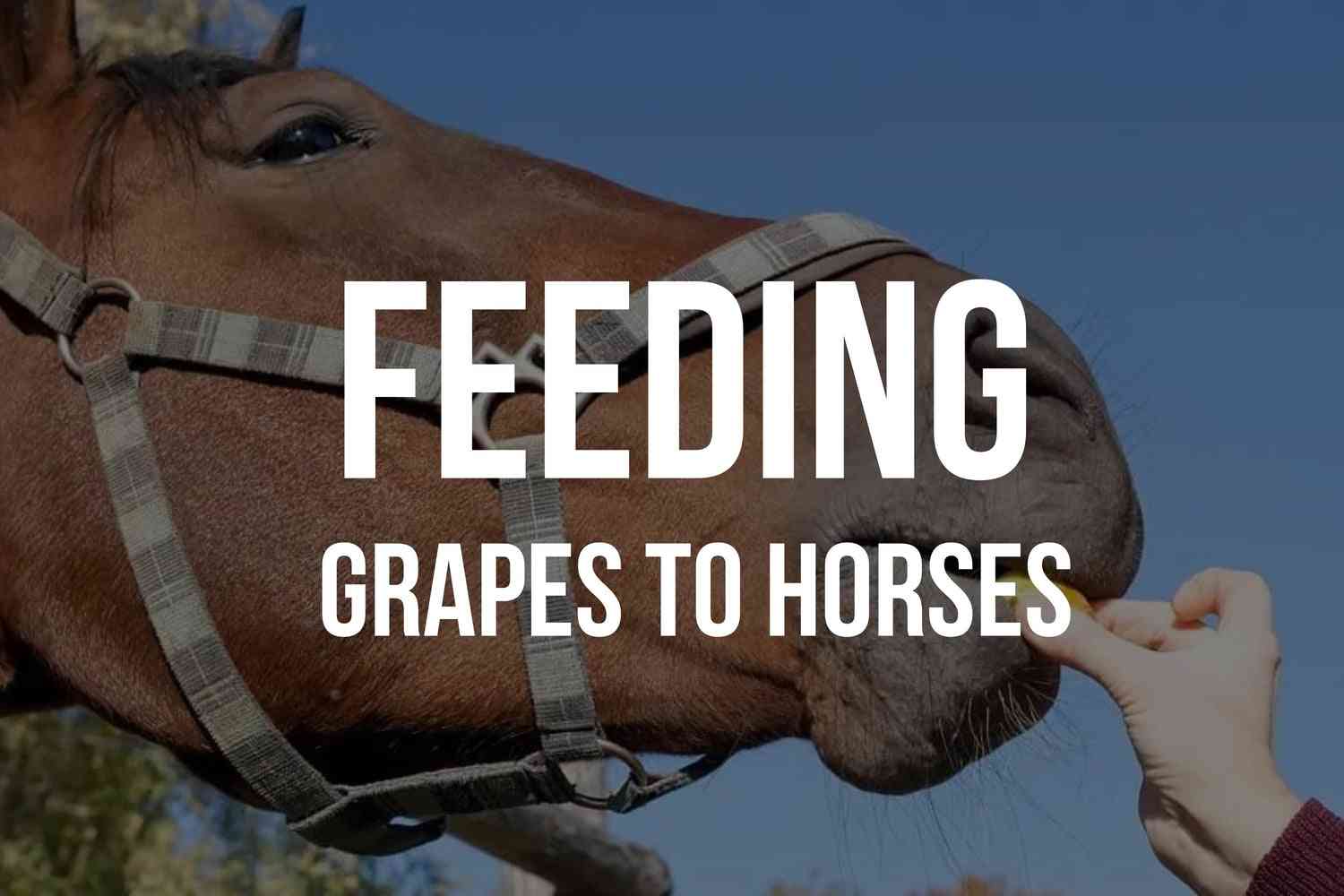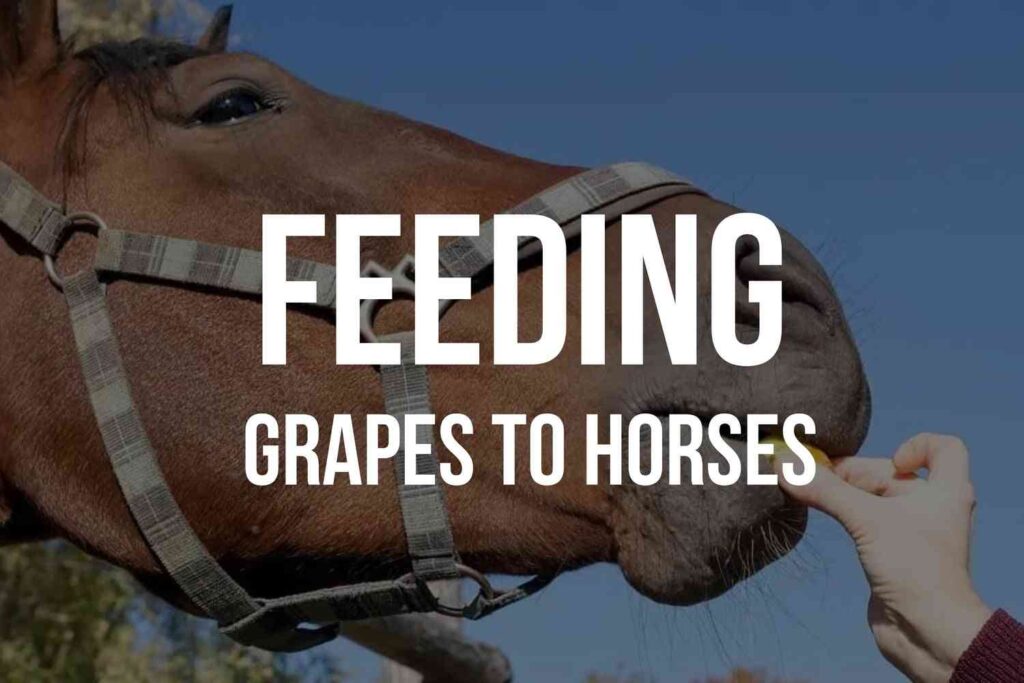Contents
Key Points
- Horses require a specialized diet and introducing new foods must be done with caution.
- While grapes are a favorite among many horses, grape seeds pose certain risks and are not generally recommended.
- Grape seeds contain compounds that can be potentially toxic to horses in large quantities.
- Consultation with a veterinarian is advised before incorporating grape seeds into a horse’s diet.
- Alternatives to grape seeds as treats for horses are available for safer snacking options.
Horses have long captured the human imagination with their power, grace, and keen sense of companionship. As horse owners or caretakers, it’s crucial to understand the dietary needs of these magnificent animals to ensure their health and happiness. A question oftentimes pondered by equine enthusiasts is can horses eat grape seeds? While grapes themselves are sometimes used as treats for horses, the seeds present a more complicated picture that warrants attention and understanding.
>> READ MORE:
- Can Horses Eat Grapes? – All Important Things You Should Know
- Unlock the Truth: Can Horses Safely Indulge in Raisins?
Understanding the Equine Diet
The equine diet predominantly consists of forage, like grass and hay. Horses are grazing animals with a digestive system adapted to process large amounts of fiber. Introducing anything beyond this can raise the need for scrutiny. The addition of fruits or vegetables as treats can be delightful for horses; however, these should only make up a small percentage of their total diet.
Grapes and Horses: A Cautionary Friendship
Grapes, when given in moderation, are enjoyed by many horses. The juicy fruit can be a high-sugar treat that brings variety to their diet. However, moderation is key. The seeds within grapes are now in question. As we delve deeper into understanding whether can horses eat grape seeds, we must consider the size, dental structure, and the potential toxicity of consuming these seeds.

The Potential Risks of Grape Seeds
Grape seeds contain chemical compounds that have raised alarms over the years. These include tannins and cyanogenic glycosides, which can potentially be toxic to horses. The cyanide precursors can interfere with oxygen transportation in the blood if consumed in large enough quantities. Although there is limited research on horses consuming grape seeds specifically, caution is warranted due to their similarity to other seeds and pits from fruits known to be toxic to horses.
What Research Suggests
Despite there being no extensive research on horses and grape seed toxicity, parallels drawn from other species and general toxicities indicate potential harm. It is generally accepted that seeds and pits should be avoided in a horse’s diet due to these potential dangers.
Consulting a Veterinarian
Before making any additions or changes to a horse’s diet, consultation with a veterinarian or an equine nutritionist is crucial. They can provide tailored advice that considers the individual horse’s health, weight, workload, and any existing medical conditions.

Safe Treat Alternatives
For horse owners looking for safe treats, there are plenty of alternatives. Carrot slices, apple pieces (without seeds), and commercial equine treats designed for horses can be given in moderation without the potential risks associated with grape seeds.
Final Considerations
In conclusion, while horses may find grapes to be palatable, the ingestion of grape seeds should be approached with caution. A paucity of evidence combined with known risks of similar substances suggests that grape seeds are not an ideal snack. Opting for established safe treats is the best path to ensuring the health and happiness of these beloved animals. After all, the care we give reflects the love we hold for these extraordinary companions.

